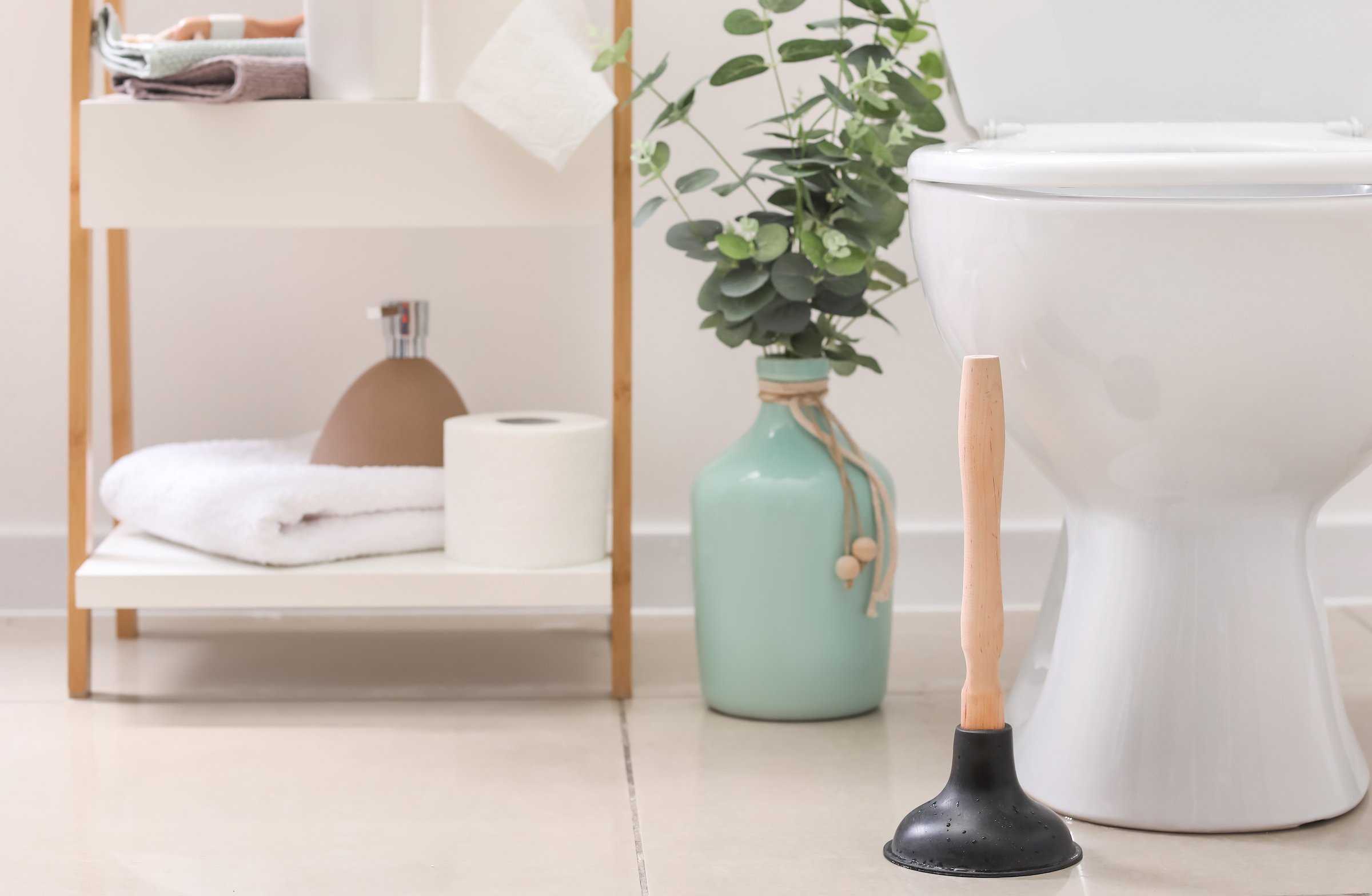Presented here down the page you can locate some quality ideas all about Plumbing Tips for New Homeowners.

For new house owners, understanding and maintaining bathroom pipes can save both money and time by preventing costly issues down the line. Here are some crucial bathroom plumbing tips to aid you maintain whatever running efficiently.
Get Ready For Cold Weather
Safeguard your pipes from cold during cold weather by shielding pipes in unheated locations like basements, attics, and garages. Throughout extreme cool, let cold water drip from taps served by revealed pipes to aid prevent cold.
Set Up Regular Upkeep
Think about organizing yearly assessments with an accredited plumber. They can find issues that you may miss, such as surprise leaks or deterioration on pipes and components. Normal maintenance helps prolong the life of your plumbing system and can stop emergency situations.
Familiarize Yourself with the Main Shut-Off Valve
Understanding where the major water shut-off shutoff lies in your house is essential. This enables you to promptly turn off the water system in case of significant leakages or throughout plumbing emergency situations, stopping comprehensive water damage.
Frequently Check for Leaks
Small leaks can bring about big problems. Frequently check under sinks, around commodes, and near plumbing components for any kind of indications of leakages. Search for moisture, little drips, or corrosion. Catching and repairing leakages early can prevent more serious damages and conserve water.
Keep Your Water Heater
Ensure your hot water heater is set to an appropriate temperature (normally about 120 degrees Fahrenheit) to stop scalding and reduce power use. Flush the storage tank annually to get rid of sediment build-up, which can decrease the effectiveness and life-span of your heater.
Upgrade Your Components
If your home has older components, take into consideration upgrading to more effective designs. Modern toilets, showerheads, and taps are created to use much less water while offering good stress, which can substantially minimize your water expense and environmental footprint.
Be Cautious with Do It Yourself Pipes Services
While it's alluring to manage all home repair services on your own, beware with plumbing. Some problems might need professional proficiency, particularly if they involve primary water lines or sewer repair services. Employing a specialist can occasionally be much more affordable than do it yourself, especially if it avoids additional damage.
Do Not Overlook Slow Drains
If your sink or bath tub is draining pipes slowly, it's commonly a sign of a clog creating. Addressing this very early can avoid a full clog. Utilize a bettor or a plumbing technician's snake to clean out debris. Avoid making use of chemical drain cleaners as they can harm your pipes with time.
Know What Not to Flush
Toilets are not garbage disposals. Avoid purging anything apart from bathroom tissue and human waste. Things like wipes, womanly health items, and cotton swabs should be gotten rid of in the trash to avoid clogs and drain back-ups.
Mount Strainers in Drains
Area strainers in your sink and bathtub drains to catch hair and other debris prior to they enter your plumbing system. Cleaning the strainers routinely will aid protect against build-up and maintain water streaming openly.
Verdict
Understanding and keeping your home's shower room pipes can stop lots of usual issues. By following these crucial tips, you can ensure your shower room stays practical and reliable, conserving you money and time in the future.
Essential Plumbing Tips for Homeowners: Keep Your Pipes Flowing Smoothly
As a homeowner, understanding the basics of your plumbing system can save you time, money, and a lot of headaches. Plumbing issues can range from minor annoyances like dripping faucets to major problems like burst pipes that cause significant damage. This guide provides essential tips to help you maintain your plumbing system and tackle common issues.
Understanding Your Plumbing System
Supply System: Brings fresh water into your home from a municipal source or a well. Drain-Waste-Vent System: Removes wastewater and vents sewer gases outside. Fixtures and Appliances: Includes sinks, toilets, showers, dishwashers, and washing machines. Basic Maintenance Tips
Regular Inspections: Periodically check for leaks, corrosion, and other signs of wear and tear. Look under sinks, around toilets, and near water heaters. Know Your Main Shut-Off Valve: In case of a major leak, you’ll need to shut off the water quickly. Ensure everyone in your household knows where the main shut-off valve is located. Prevent Frozen Pipes: In cold climates, insulate exposed pipes and let faucets drip during extreme cold to prevent freezing. Use Strainers: Install strainers in sinks and tubs to catch hair, food particles, and other debris that can cause clogs. Common Plumbing Issues and Solutions
Clogged Drains:
Prevention: Avoid pouring grease down the drain and use drain screens to catch debris. DIY Fix: Use a plunger or a plumbing snake to clear minor clogs. For stubborn clogs, a mixture of baking soda and vinegar can sometimes help. Leaky Faucets:
Prevention: Replace washers and seals regularly. DIY Fix: Turn off the water supply, disassemble the faucet, and replace worn parts.

Click Here